The recent release of Hollow Knight: Silksong at a price of $19.99 has sparked debate among gamers and indie developers regarding its pricing strategy. While many fans celebrate its affordability, some indie developers fear it might devalue their games. Concerns have arisen that such a low price could distort consumer expectations about the quality of indie titles. Several developers have altered their release dates or pricing in response to Silksong's launch, which has been perceived as a blockbuster event within the indie gaming scene. Team Cherry's decision to set the price below expectations could generate enthusiasm and positive reception, despite the potential challenges posed to smaller studios. As the interest builds around Silksong, its impact on the indie game landscape remains uncertain.
Is the price of Hollow Knight: Silksong too cheap for the indie game market?The price of $19.99 for Hollow Knight: Silksong has raised concerns among indie developers about its influence on consumer expectations and pricing strategies across the indie sector. Some argue that it might set unrealistic standards for what indie games can afford to charge, while others believe it will enhance the game's initial sales.
Hollow Knight: Silksong is the highly-anticipated sequel to the original Hollow Knight, which was widely acclaimed and sold over 15 million copies. Developed by Team Cherry, the sequel has built significant hype since its announcement due to the success of its predecessor. The original Hollow Knight is known for its challenging gameplay and atmospheric world, setting a high bar for Silksong to meet. Fans are eager to see how the sequel expands on its predecessor's offerings, especially given the years of development that have gone into it.

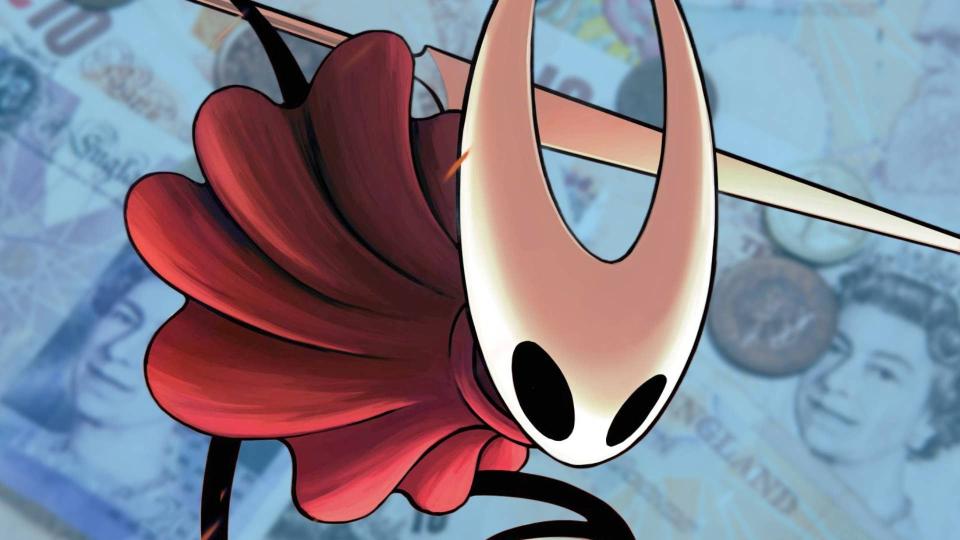
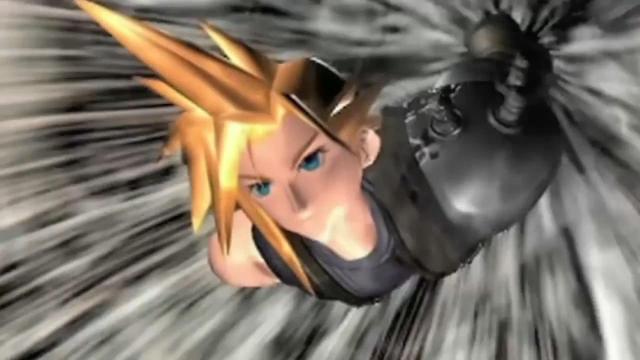

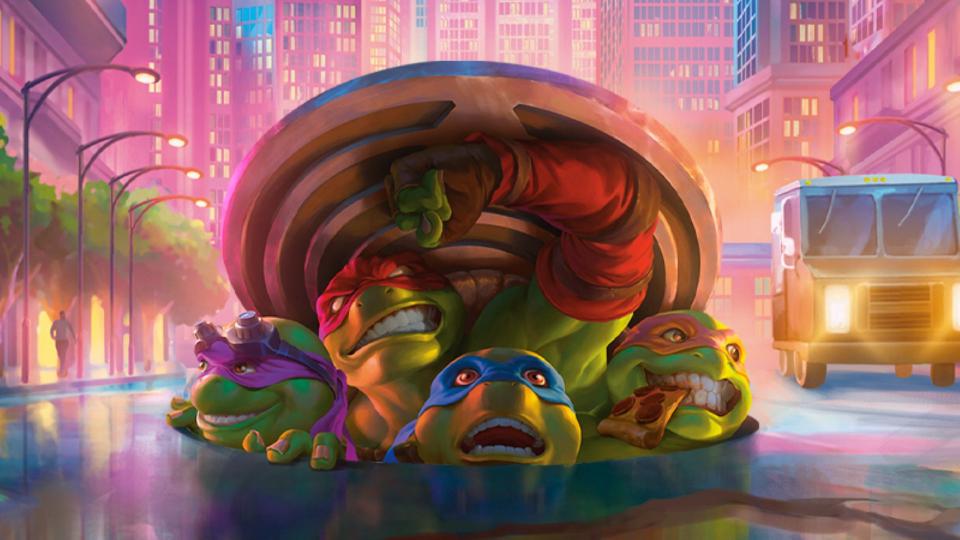
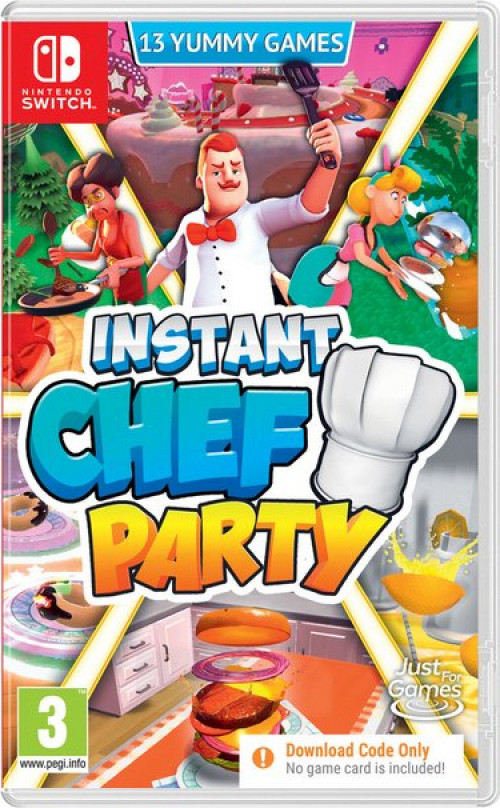
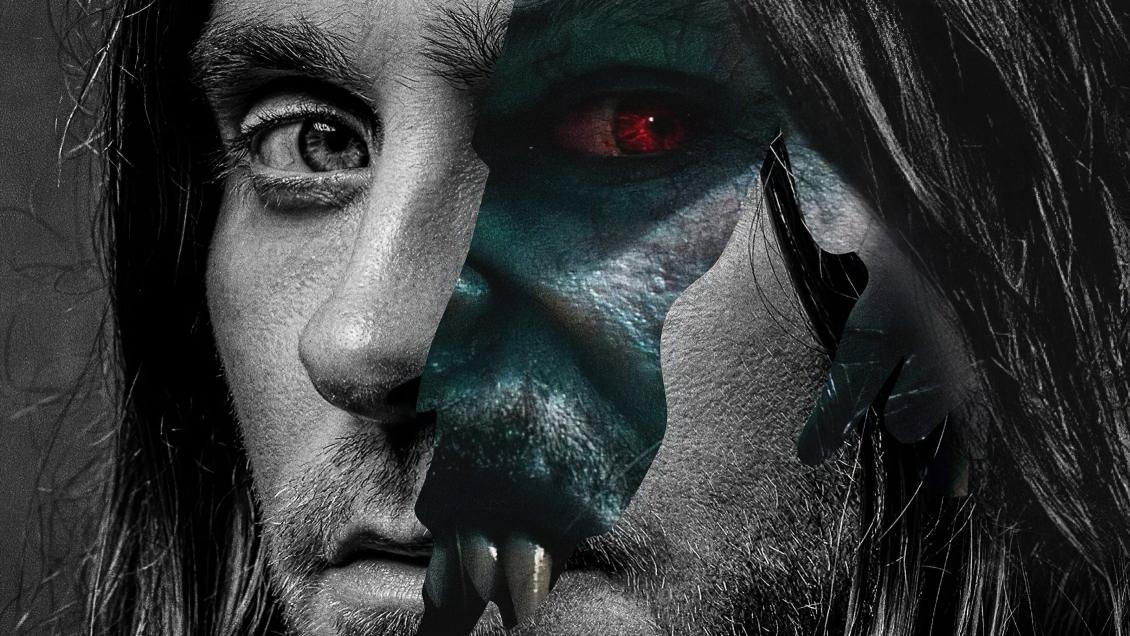
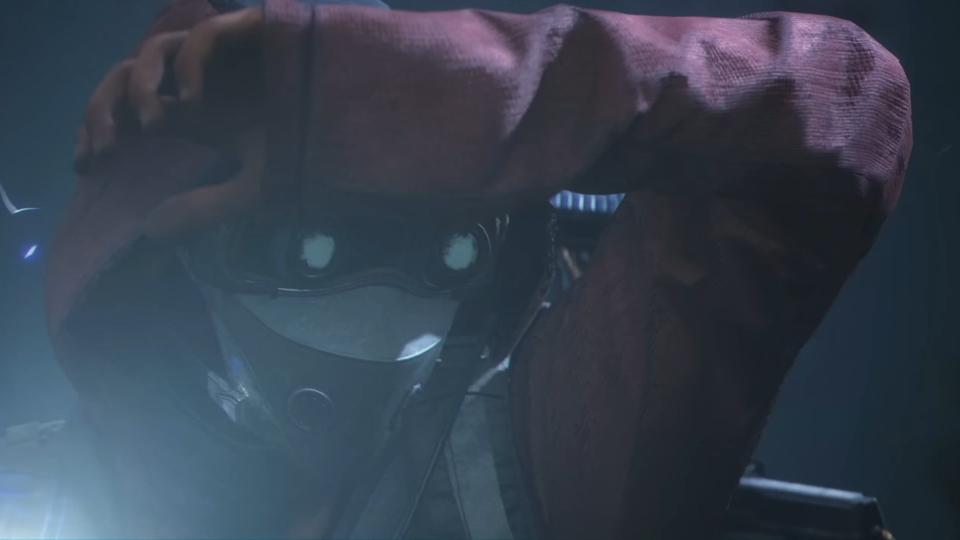
Comments
Honestly, Silksong's pricing feels like a love letter to the fans, but it's got indie devs sweating bullets over the new standard it might set. It's a bold move that could either elevate the whole scene or leave smaller studios scrambling to keep up.
Honestly, Team Cherry setting this price feels like a power move that respects the fans more than it pressures other devs. It's a rare case where a studio's confidence in their product might actually raise the bar for quality expectations, not just pricing.